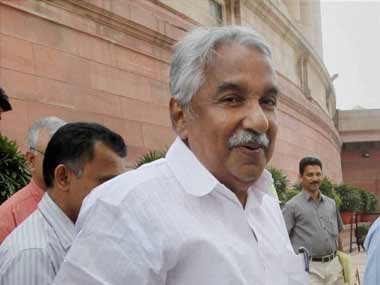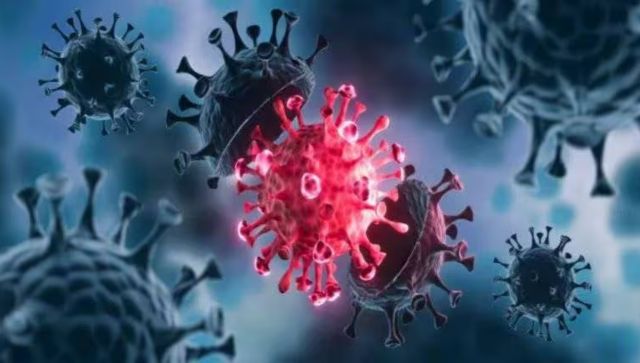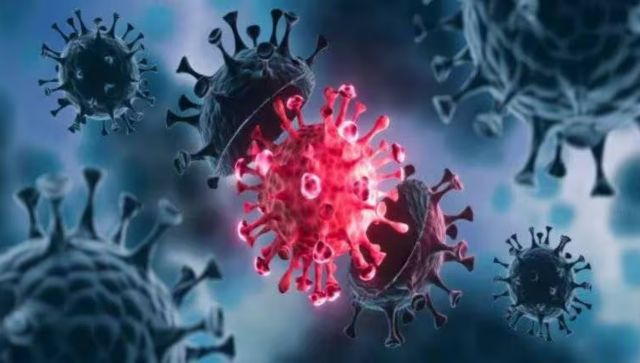Thiruvananthapuram: Kerala Chief Minister, Oommen Chandy confirmed today that the state’s new liquor policy will be submitted to the High Court on Aug 26, 2014.
“Today morning we finalised the details of the liquor policy that were recommended last evening by the UDF (United Democratic Front),” Chandy told reporters here. His statement came just a few hours after declaring that Kerala will be on the road to becoming a “dry state” in a decade’s time.
“On the 27th, the cabinet will ratify the policy that we submit to the court. This shows that we have no ulterior motives, and making Kerala a dry state is not a political gimmick,” said Chandy.
The UDF, on Thursday, cleared the liquor policy that states from next fiscal, only five-star hotels in Kerala can serve liquor.
“We have now got legal opinion that the 312 bars that are now open can be closed anytime as the license was given subject to the new liquor policy. So we need not wait till the end of this fiscal to shut them down,” he said.
Chandy also added that the 312 bars will be repayed around Rs. 45 crores after the procedure for the closure of 312 bars is completed.
The UDF arrived at the decision following state Congress president V.M. Sudheeran’s tough stand when he, citing a report by the Comptroller and Auditor General, argued that the 418 bars with poor infrastructure should not be given new licences this fiscal.
The issue reached the Kerala High Court which asked the government to come up with a new liquor policy, and also directed a two-member government committee to submit its report Aug 26 on the condition of these bars.
“The cabinet meeting will decide on what needs to be done with regards to the various clubs in the state that now serve liquor to its members. The sale of liquor taking place in defence canteens in the state is not in our purview,” he said.
The chief minister added, “With regards to the concerns of the tourism industry, there need be no concerns at all, as liquor would be available in five star hotels.” He, however, said that the real concern would be to tackle the illicit liquor trade once the new policy comes into effect.
“This is a concern that we are having and it’s for that we have decided to impose a five percent cess on all liquor that would be sold and this money would go into a corpus fund set aside for running anti-liquor campaigns, to educate the ill-effects of liquor, for rehabilitating the employees who are currently working in the bars.
“We are now giving a call to the people of the state to contribute one day’s income to a new fund which has been named as the Kerala Alcohol Education Research Rehabilitation Compensation Fund to be used for all these activities,” said Chandy and pointed out that he has already received the first contribution of Rs.1 lakh.
Starting Oct 2, apart from the already declared dry days, all Sundays would be dry days, he said.
While the state-owned Beverages Corporation is the sole wholesaler of liquor in the state, there are 383 retail outlets also belonging to the state and it has been decided that every year 10 percent of these retail outlets would be closed.
“The so called loss of revenue (around Rs.7,000 crores by way of taxes) is not at all a concern because the indirect loss caused due to the ill-effects of alcohol like accidents, alcohol induced crimes and such things are a few times more than the revenue earned by the state. This is not an issue at all,” said Chandy.
IANS


)




)
)
)
)
)
)
)
)